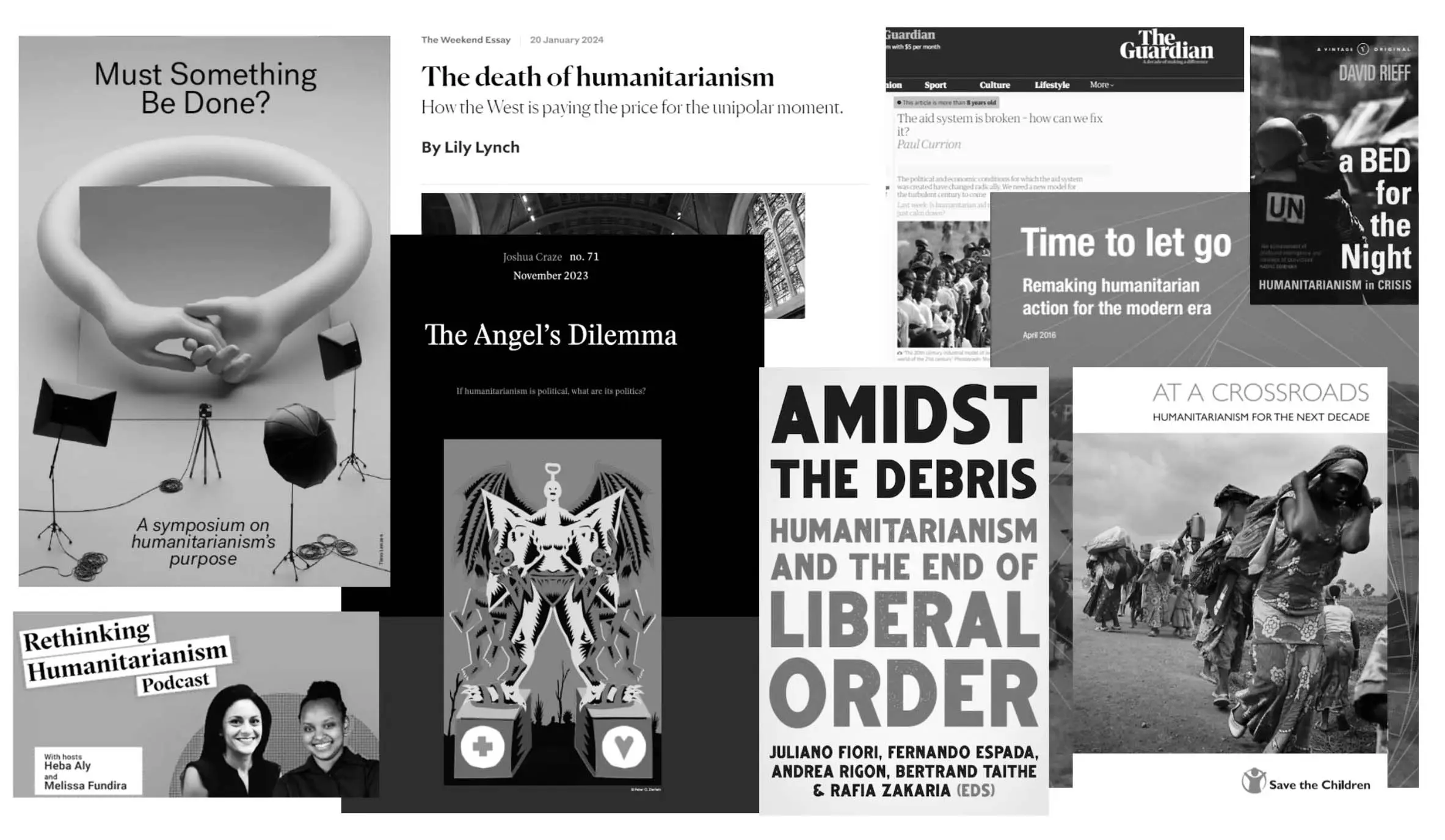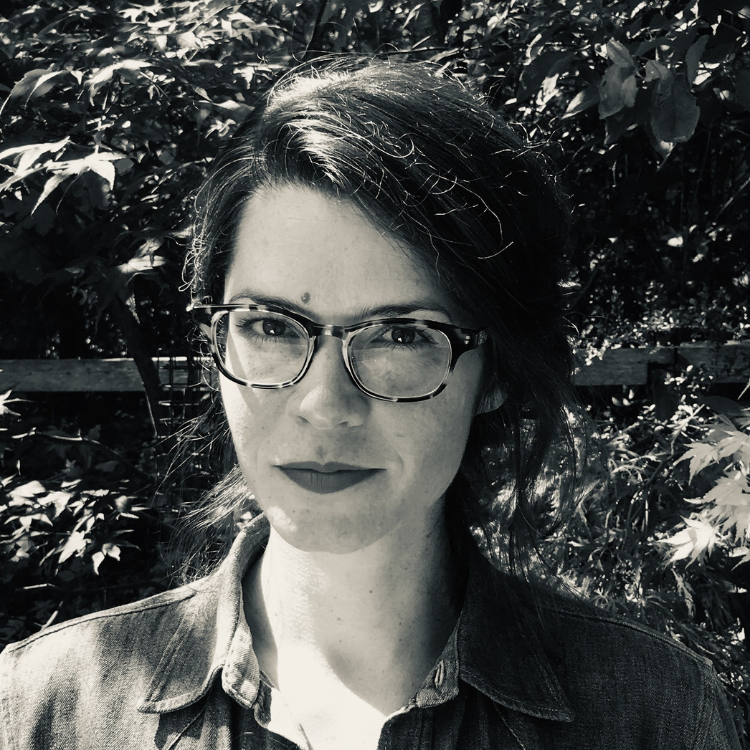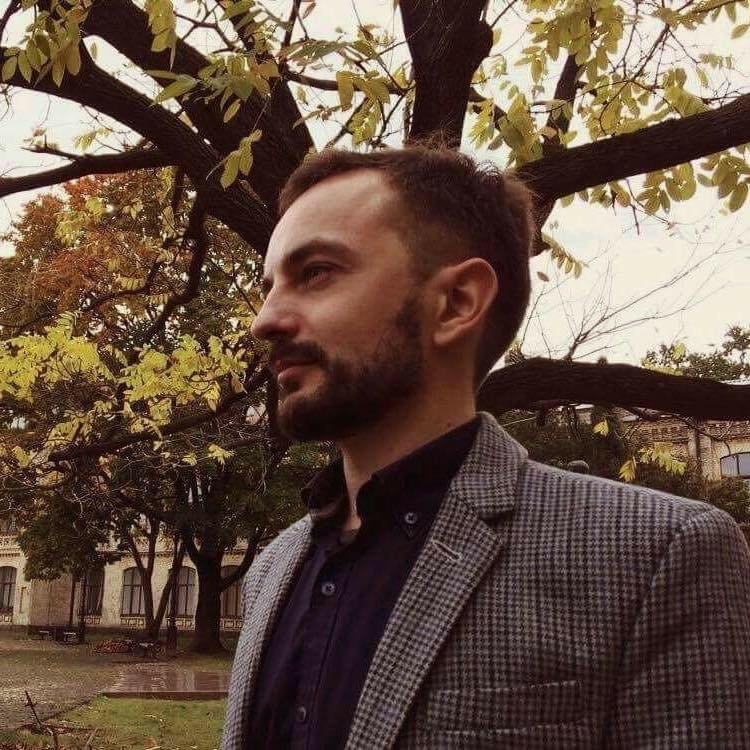RESEARCH PROJECT
The limits of humanitarianism
Politics, crisis, and reform in the era of climate change
Eleanor Davey and Fernando Espada

The research project “The Limits of Humanitarianism: Politics, crisis and reform in the era of climate change” led by Eleanor Davey and Fernando Espada, examines the encounter of the humanitarian system with climate change. Combining historical and political economy approaches, the project shifts from moral, market-based, and technical perspectives to explore the complexities of reform in the humanitarian system. Structured around two themes, “ordering crisis” and “containing politics,” with a focus on Ukraine, the project incorporates workshops, presentations, and online activities, aiming to publish a range of writing for different audiences. Scheduled from November 2023 to May 2025, the research critically engages with alternative approaches that humanitarian actors could consider in the face of climate change.
RESEARCH APPROACH
The project adopts a distinctive approach to humanitarian reform, aiming to denaturalize and critique some of its underlying dynamics. It seeks to provide a shared agenda for those within and outside the humanitarian system, addressing fundamental critiques amid the uncertainties posed by climate change. The focus on “ordering crisis” and “containing politics” themes sheds light on the limits that the humanitarian system is encountering in defining its approach to the climate crisis, and their broader implications.
Containing Politics
- Political Dynamics and Historical Shifts: Explores politics in diagnostic processes shaping humanitarian reform, spanning from the 1970s to present, considering ecological instability and shifts in internationalist engagement.
- Agendas in Reform: Investigates agenda definition during reform, focusing on how this shapes humanitarian engagements and the role of differing attitudes to politics.
- Natural World’s Impact on Climate Change Response: Examines the place of the natural world in humanitarian approaches, assessing its influence on responses to climate change.
- Actor Roles and Political Boundaries: Explores how actors crossing political boundaries impact political attitudes within the humanitarian system, studying instances of increased political engagement and the reactions they provoke.
- Pattern Tracing for Alternative Pathways: Analyses patterns in containing politics, drawing from diverse experiences to understand dominant actors’ power dynamics, offering insights for alternative pathways today.
Ordering crisis
- Liberal Ordering: Analyses how liberal ordering frames crisis definitions, influencing humanitarian organisations’ understanding, legitimacy, and response strategies, int he context of the impact of climate change on the international liberal order.
- Social and Political Nature of Crisis: Examines the socially and politically constructed nature of crisis, avoiding technocratic approaches, and their semantic exhaustion, transforming crises into permanent states that demand management.
- Natural World’s Role in Crisis Response: Recognizes the central role of the natural world in human life systems during crises, exploring how its interdependence is integrated or marginalised in the defence of life by various actors within and beyond the formal humanitarian system.
- Future Perspectives on Crisis: Interrogates the meaning and application of crisis amid intensifying climate change, moving away from liberal ordering towards alternative understandings and approaches.
- Research Design and Practical Implications: Situates rhetorical framings of humanitarian crisis in wider theoretical and political debates, connecting the analysis with crisis response and management practices.
Operational context:
Conflict in Ukraine
researchers

ELEANOR DAVEY
Eleanor Davey writes about histories of aid and activism, and how historical perspectives can inform current understandings. Her book Idealism beyond Borders examined how ideas about responsibility for the suffering of others shaped political and humanitarian engagements in France, including the creation of Médecins Sans Frontières. She has published on power dynamics and debates within and among humanitarian organisations and their interlocutors, including histories of international humanitarian law and other concepts of intervention, humanitarian engagements with anti-colonial armed groups, and aid in situations of displacement and confinement. In addition to her own research, she has supported a wide range of academic and practitioner-oriented research projects, through various roles at the Overseas Development Institute (London), Humanitarian and Conflict Response Institute (University of Manchester), and Humanitarian Advisory Group (Melbourne).

FERNANDO ESPADA
Fernando Espada is Head of Humanitarian Affairs at Save the Children. He joined Save the Children in 2014 after roles as Senior Research and Policy Associate at DARA, Field Research Manager of the Humanitarian Response Index, and Deputy Director of the think tank FRIDE, among others. Fernando is member of the editorial board of the Journal of Humanitarian Affairs, co-editor of Amidst the Debris: Humanitarianism and the End of Liberal Order, editor of Essays on Humanitarian Effectiveness, and author of several essays on humanitarian politics. He has conducted field research and policy analysis in over a dozen humanitarian responses.

Nina Potarska
Nina Potarska is a gender expert on peacebuilding and conflict resolution. She has experience managing NGOs and research projects, as well as in research and analysis. Since 2016, she has been the national coordinator of the International Women's League for Peace and Freedom in Ukraine. The program's goals are to increase women's participation and ensure that gender aspects are taken into account in national and international structures. The main focus is on identifying human rights violations based on gender analysis. As part of her activities, she monitors the needs and observance of the rights of women living near the contact line, gender-based violence and conflict-related violence, gender-inclusive mediation in conflicts, and prepares reports on the observance of women's rights in the UN system. Since 2013, she has been the director of the Center for Social and Labor Research, and since 2015, she has been researching topics related to the war in Ukraine. She collects narratives and conducts research on both sides of the contact line.

Andrii Bahinskyi
Andrii Bahinskyi is associate professor at Igor Sikorsky KPI Sociology Department (Kyiv, Ukraine) and coordinator of the master's program "Conflict Resolution and Mediation". As part of the project supported by the embassies of Great Britain and Switzerland in Ukraine, he is one of the developers of the first master's program in Ukraine, which trains specialists in the field of resolution of socio-political conflicts. Dr. Bahinskyi explores liberal peacebuilding from a global perspective. His research focuses on finding strategic solutions to resolve armed conflicts. His analysis is also devoted to issues of interaction between civil society and the state during war. Special attention of his research is paid to civil society organizations that support vulnerable social groups in Ukraine. His latest research projects and publications consider the humanitarian, social and political consequences of the Russia-Ukraine war.
LATEST UPDATES
LATEST ESSAY
When the world of emergency met the climate crisis is the latest publication of Eleanor Davey and Fernando Espada. The essay discusses the ineffectiveness and inequalities in the global response to crises, focusing on the COVID-19 pandemic, the Russian invasion of Ukraine, and the Gaza conflict. The authors analyse the colonialism inherent in the humanitarian system, the failure to enact substantial reforms, and how this transformation is taking place in relation to the climate crisis.
* The views expressed in the article are those of the authors and do not necessarily reflect the positions of Save the Children or any other organisation.
WORKSHOP - PART I
- 19th June
- 5:30pm (GMT)
- Online Event
The workshop led by Eleanor Davey and Fernando Espada aims to create a space for critical reflection on current humanitarian reform, by bringing together people currently involved in reform initiatives, leaders of past reform efforts, and scholars of humanitarianism and international affairs. The objectives of the discussions are to: i. contribute to sectoral memory and learning about humanitarian reform; ii. inform approaches to current reform strategies and/or initiatives; and iii. identify potential avenues for research on the past and present of humanitarian reform.
FELLOW TALKS
- 8th February
- 10:30am (GMT)
- Online Event
Eleanor Davey and Fernando Espada present the research project funded by Alameda on the practices, limits, history and prospects of reform of the humanitarian system in the era of climate change. During the session, the project co-leads reflect on the key themes of the project (containing politics and ordering crisis) and the relevance of this research to rethink collective responses to the challenges of our times.
